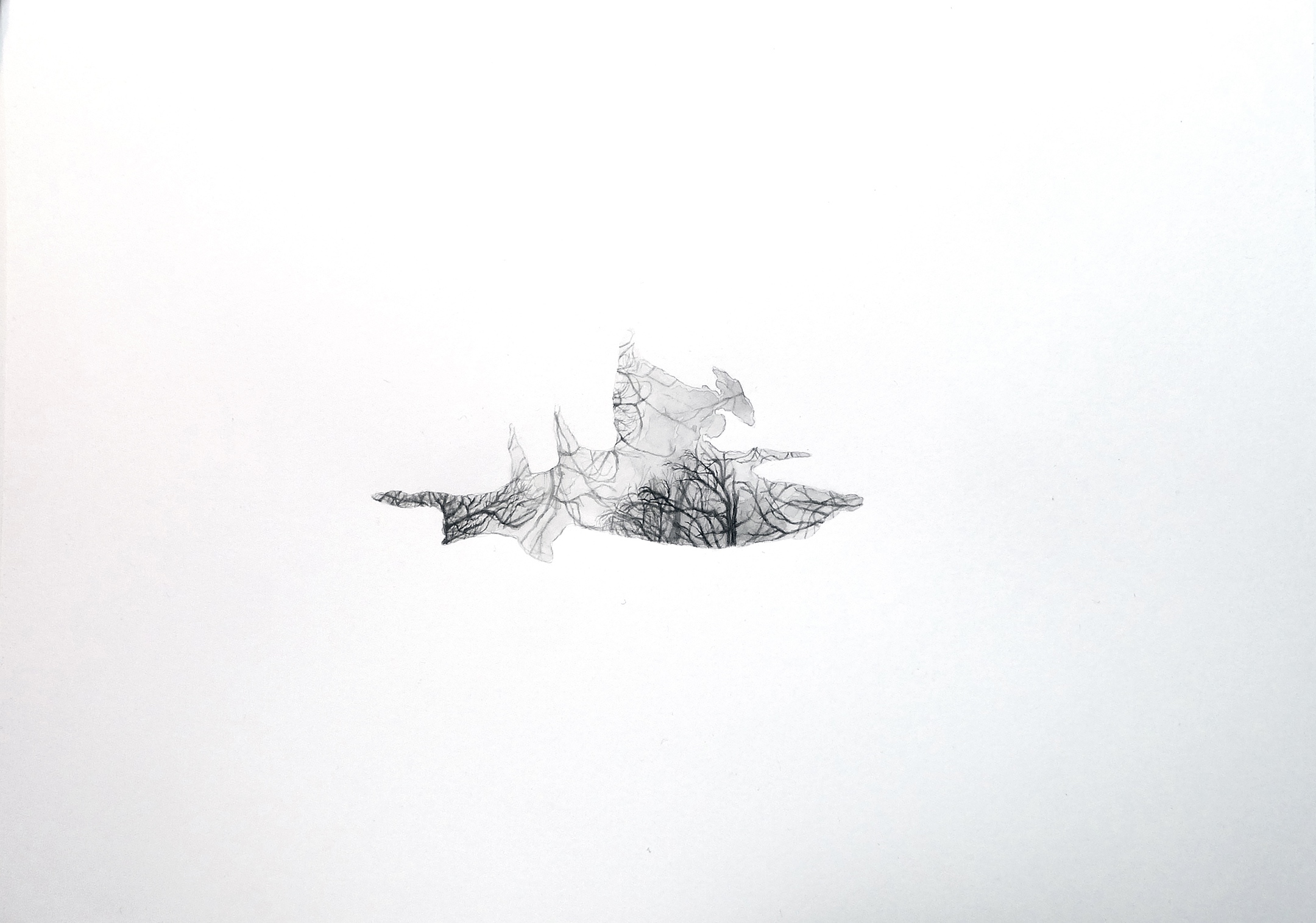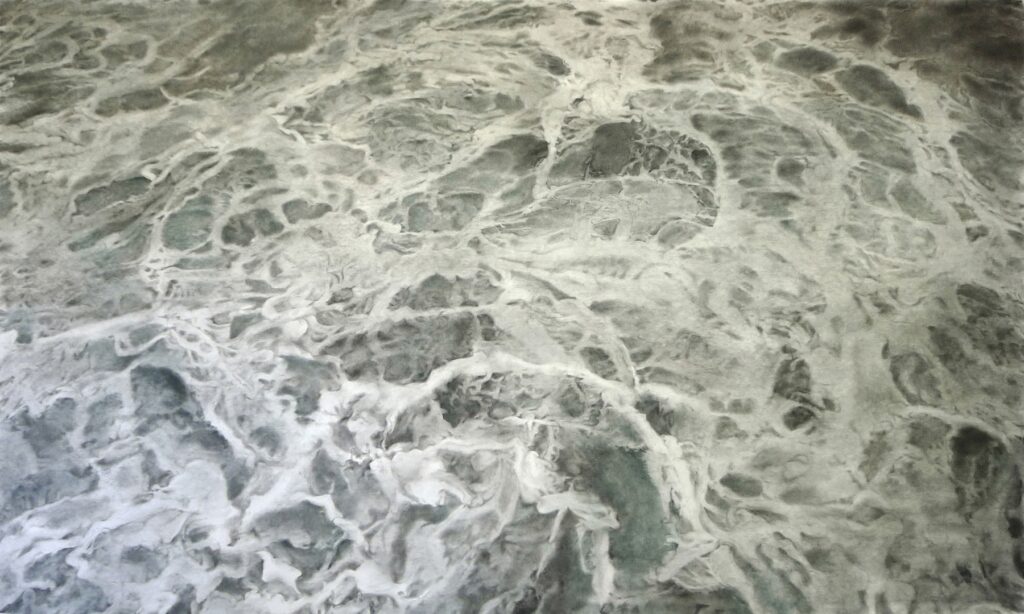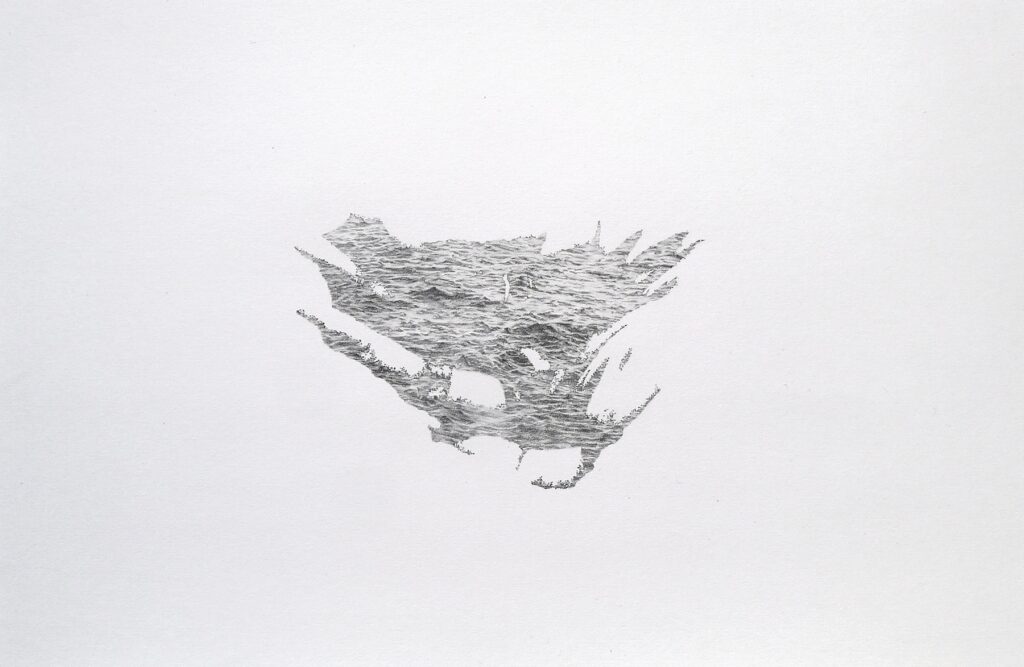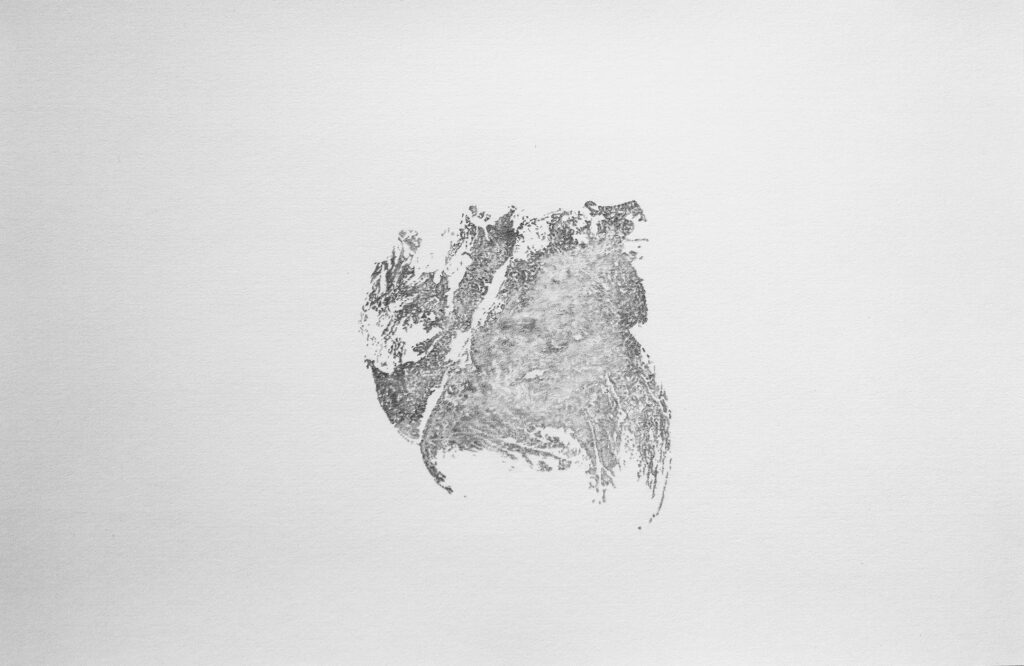I never understood wind

This piece is part of the Climate notebook, which features art by Katrina Bello.
–pace Trump & Quixote
I never understood wind
its tremendous
footprint—
our house the noisy
movement a force a front
your grace
you wave more arms
between what you see
the wind
and what seems to be
wind
mill me
bear me
over the might of
my will
Author’s Note
When she was quite young, my daughter Leila confessed that she loved the wind. It would wash down our street, hauling the westerly weather to us, or when it was cold, it would press against us from the north, chilling us to the bone. Wind, that invisible musician that plays the leaves, the powerlines, the windows (the whole world, really), as if it were a single instrument.
When asked to explore climate change denial, I knew instantly that I wanted to write about windmills and wind, but I couldn’t find anything on the Internet that didn’t depress me. It didn’t elicit the something that a new poem requires. The something that opens something up, the way wind clears the air.
As poets, we sometimes work with official, bureaucratic documents and language (or disinformation and conspiracy language), as a way of resisting the systems that produced those documents. They are not mere detritus to the systems of power—they are its proofs, evidence of its power. The danger in working with documents is that we risk enhancing their power, or we treat them as if, by vanquishing the documents, we vanquish the systems of power. Both are profound dangers.
I hoped that by writing into the core of my awe of wind, employing the word inanity of the forty-fifth president, alongside the genius of Quixote, I might create something that moves toward that force of wind—not to harness it, but to praise it, against our human desire to convert everything into power.



